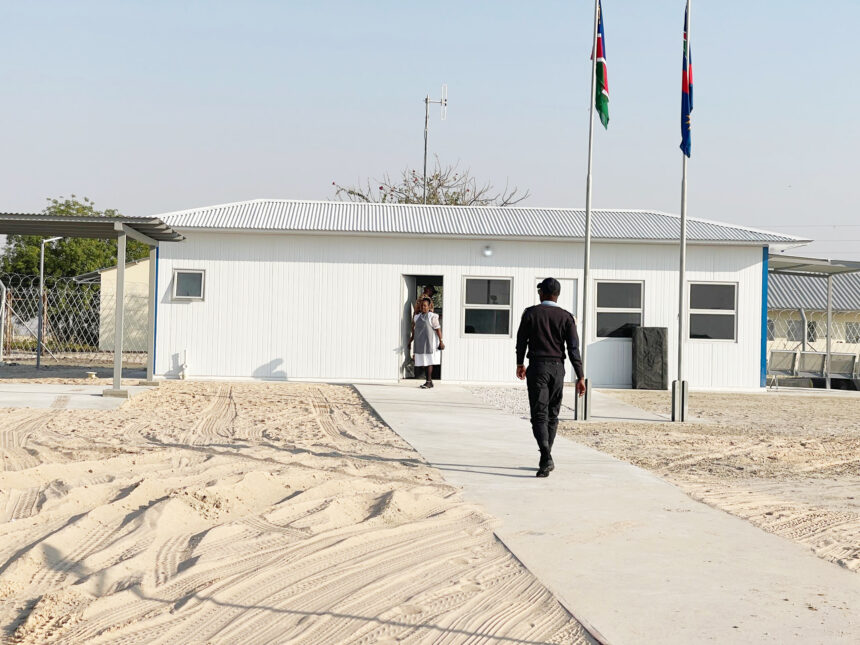Lahja Nashuuta
The Leader of the Official Opposition and spokesperson for the Independent Patriots for Change (IPC) Immanuel Nashinge has called for resources to be decentralised at immigration borders, as well as better support for administration staff and police officers.
“We cannot keep telling our security officers, ‘You are the backbone of national security’ while burdening them with poor pay and inadequate working conditions. Regarding immigration and border control, I have reviewed the reports and seen the footage. We have border posts without scanners, vandalised fences, and only one officer manning entire posts. Villagers have told me, ‘You can cross from Angola to Namibia without ever seeing an officer,’” he stated.
Nashinge emphasised that now that Namibia is entering the oil extraction era, it is crucial to recognise that while oil provides opportunities, it also attracts organised crime, economic sabotage and transnational networks. “If our borders remain this porous, we are not protecting our oil; we are opening the vault. We need scanners, drones, a Border Security Fund, and trained, well-compensated staff who take pride in their work,” he urged.
In his maiden speech, Nashinge also highlighted the issue of cybercrime, which remains a quiet yet dangerous threat. “We lack a real cybercrime unit, and the officers assigned to it do not have IT training. Fraudsters are targeting our pensioners and businesses, but the budget for combating cybercrime is virtually non-existent,” Nashinge said.
He maintained that N$7.9 billion is not a small amount. However, a budget is only as effective as its implementation. “We see no dedicated funding for cybercrime, no serious investment in border infrastructure, and no housing programme for police,” he said.
The MP described the situation as being akin to ‘building a new house while leaving the front door wide open’. Nashinge called for the establishment of a Digital Forensics Lab, a cybercrime hotline and the recruitment of at least 20 properly trained cybercrime investigators by next year. “If Botswana and Rwanda can do it, so can Namibia,” he argues.
On the topic of civil registration, he commended the home affairs team for recent improvements, particularly mobile registration drives and the promotion of e-ID cards. However, he pointed out that 126,000 Namibians still have uncollected IDs. In some regions, birth certificates are delayed by months, and in others, people are unaware that they need to register. “Let’s fix this. We need to decentralise ID printing to every region and launch a reliable notification system. We must treat these documents as a right, not a privilege. No Namibian should miss out on a job, a grant, or a vote because the system has failed them,” he said.
Regarding correctional services, he noted that prison farms are often overlooked, but he believes they are a valuable asset. “The Correctional Service farms at Divundu and Katima have saved the country N$18 million in food costs. These farms are not just agricultural sites; they represent possibilities. Why can’t we use prison-grown maize for school feeding programs? Why can’t ex-offenders continue farming under supervision after their release? We should stop purchasing overpriced maize from middlemen when we can grow our own. Let’s expand prison agriculture into a food security programme that feeds our children and creates jobs,” Nashinge advised.
-lnashuuta@gmail.com
Nathinge
Photo: IPC


